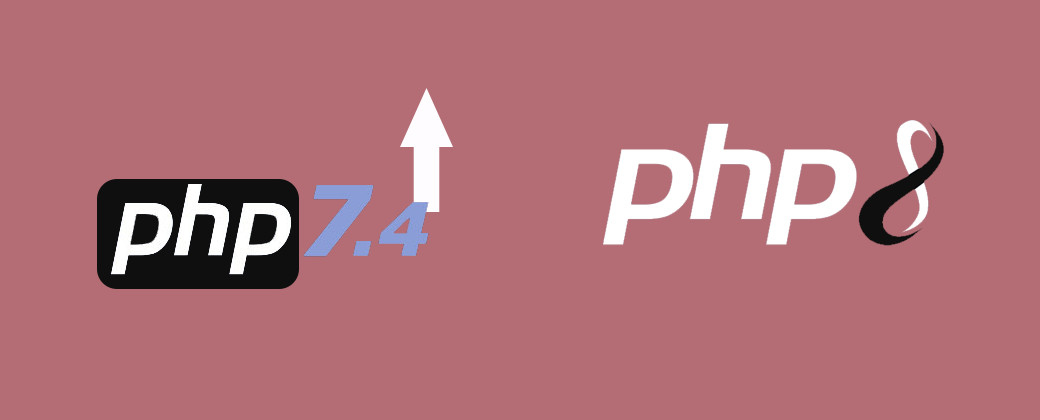
Refactoring PHP7 to PHP8. Major changes and examples
PHP8 has brought along several significant changes that can impact code written in earlier versions like PHP7. Refactoring this code to leverage the new features and improve performance and security is crucial for keeping PHP applications up-to-date and efficient. In this article, we’ll explore some of the key changes between PHP7 and PHP8 and provide practical examples of how to refactor code to adapt to these new features.
1. Property Type Declarations
In PHP8, it’s now possible to declare property types directly in the class definition. This improves code readability and helps the IDE provide better support for autocompletion and error detection.
PHP7:
<?php
class User {
public $name;
public $age;
public function __construct($name, $age) {
$this->name = $name;
$this->age = $age;
}
}
PHP8:
<?php
class User {
public string $name;
public int $age;
public function __construct(string $name, int $age) {
$this->name = $name;
$this->age = $age;
}
}
2. Union Types
PHP8 introduces the concept of union types, which allows specifying multiple types for a parameter, property, or return value. This can be useful when a value can be of different types.
PHP7:
<?php
function getName($user) {
return $user->name;
}
PHP8:
<?php
function getName(User|string $user): string {
return $user instanceof User ? $user->name : $user;
}
3. Constructor Property Promotion
In PHP8, you can define properties directly in the constructor signature, simplifying the initialization of class properties.
PHP7:
<?php
class User {
public $name;
public $age;
public function __construct($name, $age) {
$this->name = $name;
$this->age = $age;
}
}
PHP8:
<?php
class User {
public function __construct(public string $name, public int $age) {}
}
4. Nullsafe Operator
The Nullsafe operator is a new addition in PHP8 that allows accessing properties or methods of a nested object without worrying about whether the object or any of its properties/methods is null.
PHP7:
<?php $name = $user->profile->getName();
PHP8:
<?php $name = $user?->profile?->getName();
Refactoring PHP7 code to PHP8 not only involves leveraging the new language features but also improving code readability, security, and performance. By understanding the key changes between PHP7 and PHP8 and applying best practices for refactoring, you can keep your PHP applications updated and efficient in the latest version of the language.
I hope this article helps you refactor your PHP code! If you have any questions or need more examples, feel free to ask.

